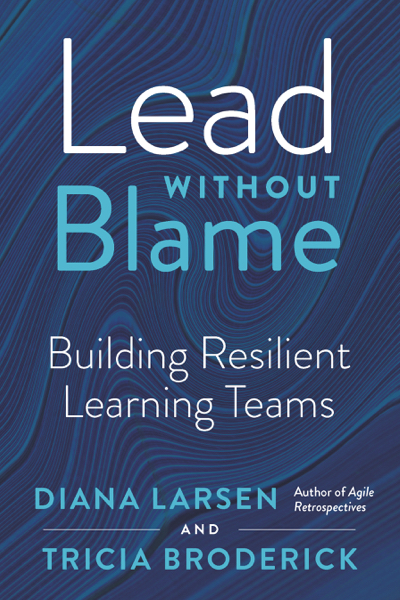One of the aspects that I like about planning poker is that everyone shows their thoughts at the same time. You can’t wait to hear what someone else thinks and then give your opinion. You have to think independently and then openly discuss differences. I have heard countless times statements such as “oh, I didn’t think about that”.
During planning is not the only time I want people to own their thoughts/opinions. I particularly count on this during interview debriefs. Unfortunately, the pattern where you can watch the room gradually support and align to one opinion happens frequently. For example, the first person starts highlighting a few issues, the next person agrees and highlights a few more, then this repeats until everyone is done. Now maybe you have a candidate that is so awful but I doubt that happens often or you need to re-evaluate your screening approach. More likely people are valuing the respect they have for the person debriefing over their own opinions/interactions with someone they just met. Maybe they are right but I want the open discussion.

So being inspired by planning poker, we experimented with thumbs up, down or sideways on the count of three. Everyone had to show their impression and own it. Suddenly, strong differing opinions were visible and the level of discussions increased. What was rubbing person x the wrong way? What potential did person y spot? Most importantly, the level of learning increased. Person x learned a new question to gain deeper insight. Person y learned qualities that are important for growth and potential. Person z learned why we were proceeding with the hire despite reservations, so that they can support the new hire.
This was a great lesson for me. Despite a strong culture that had convictions about hiring right, our team focus was accidentally leading to group think. As a leader, I had to create an environment where we were forced to own our thoughts. This approach seemed a little strange at first (what count do we show, etc) but after a while, it became easier.
What techniques have helped create an environment where people can own their thoughts?




